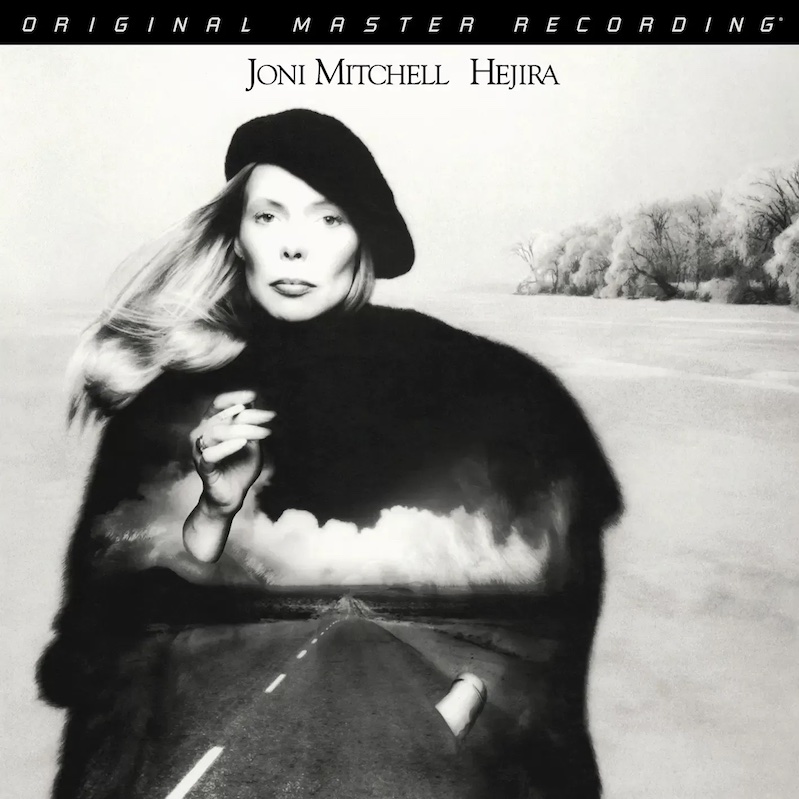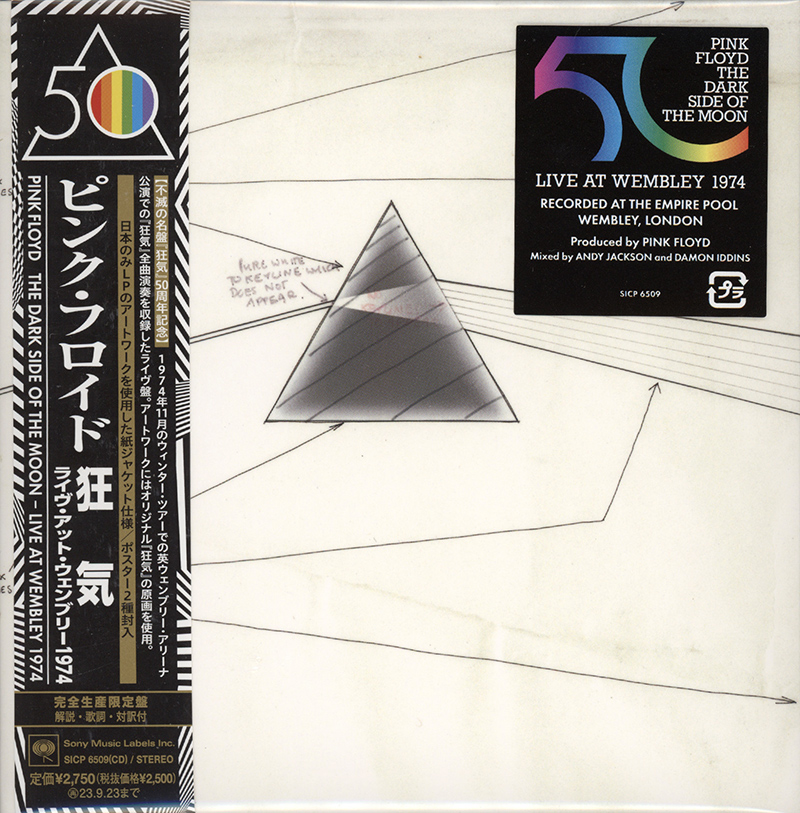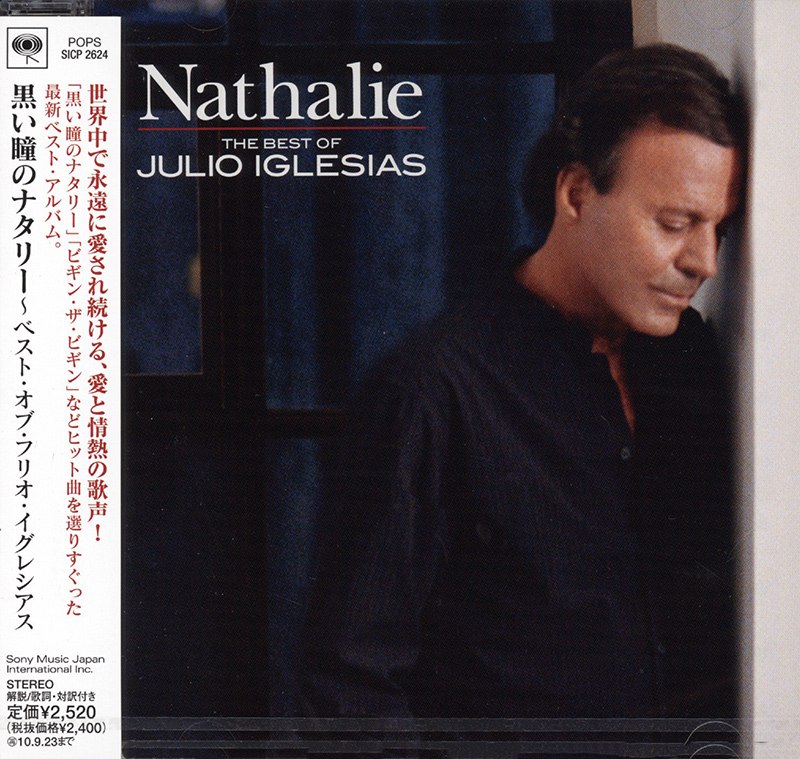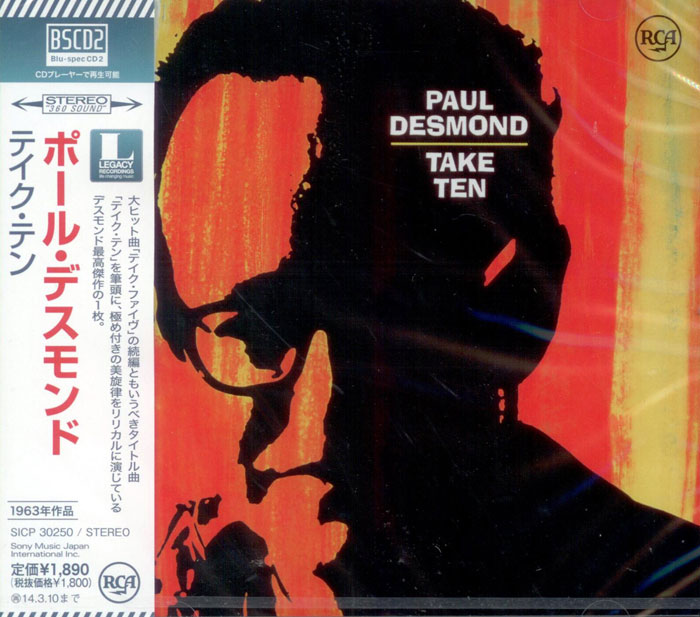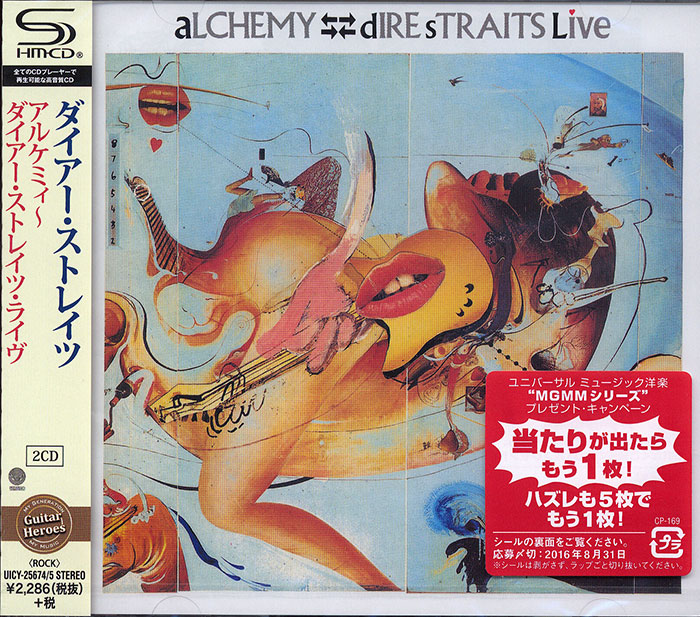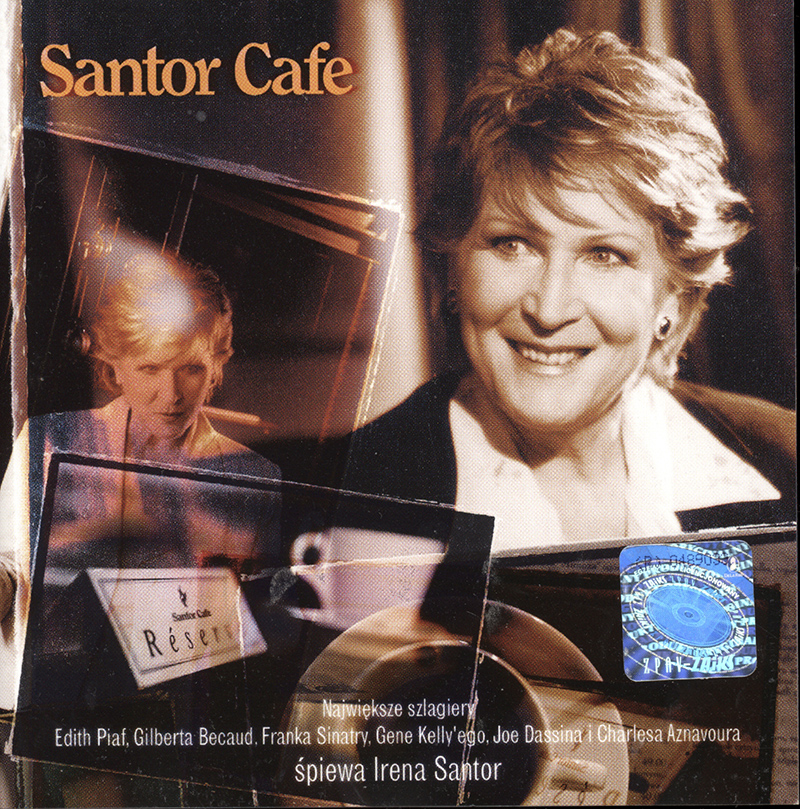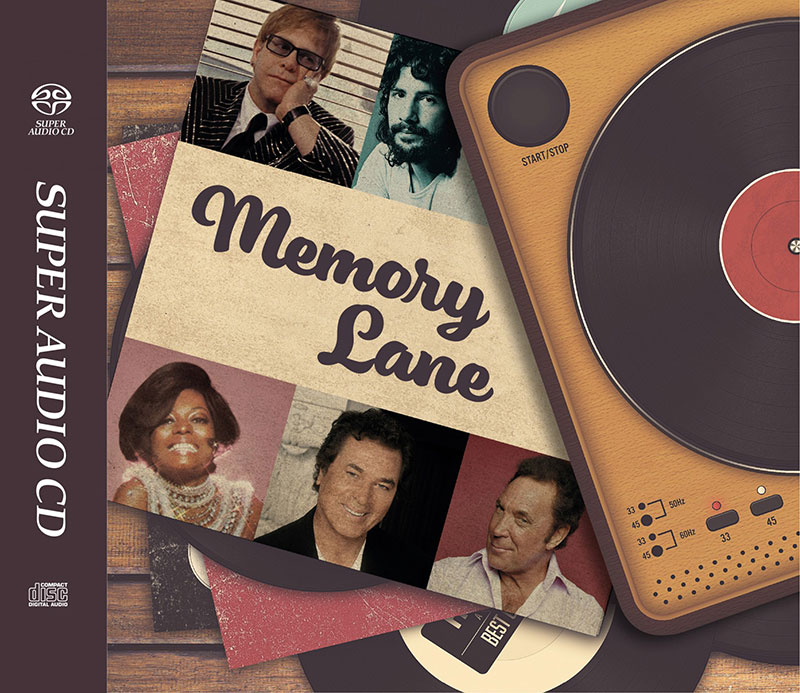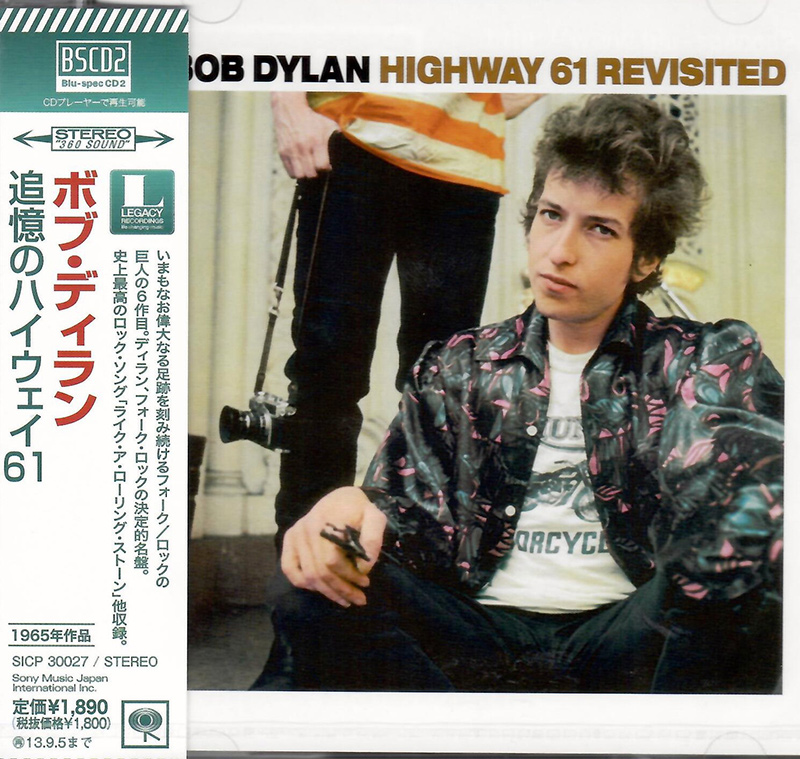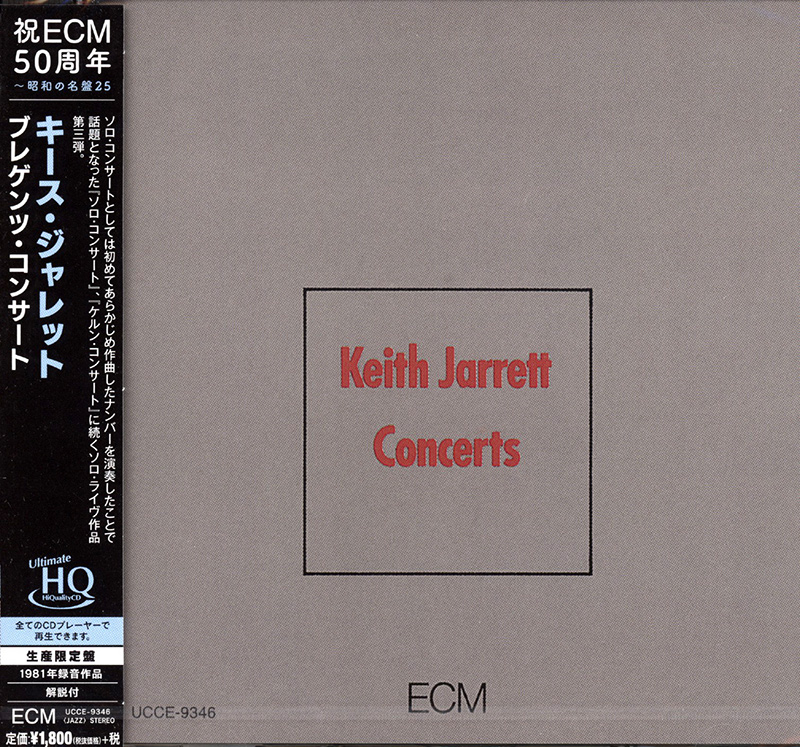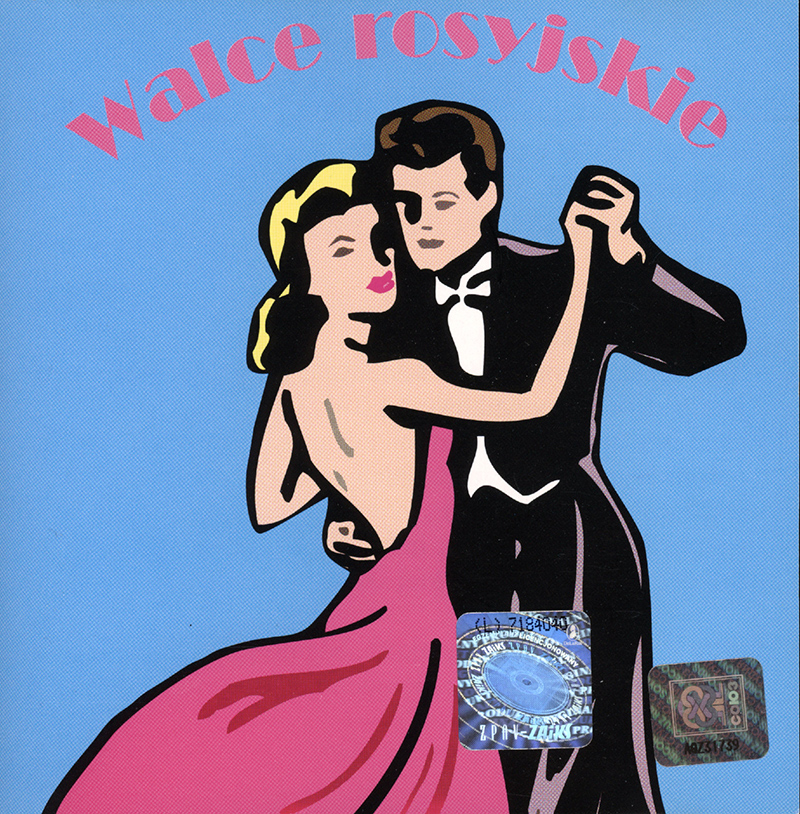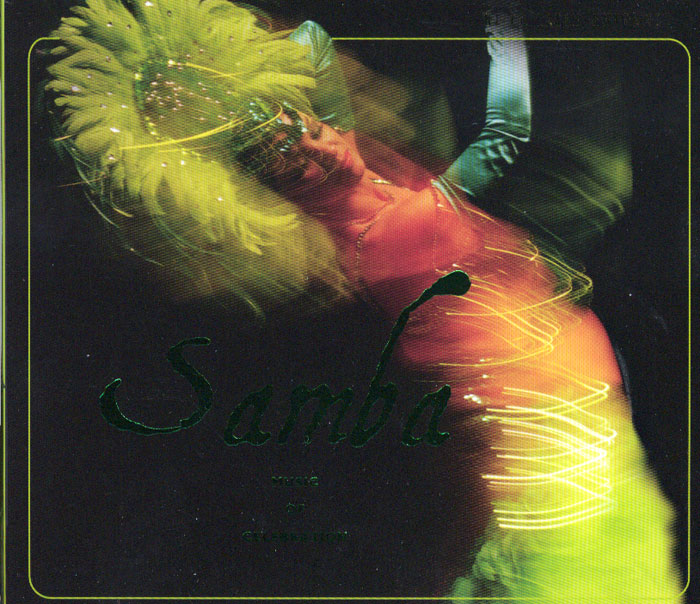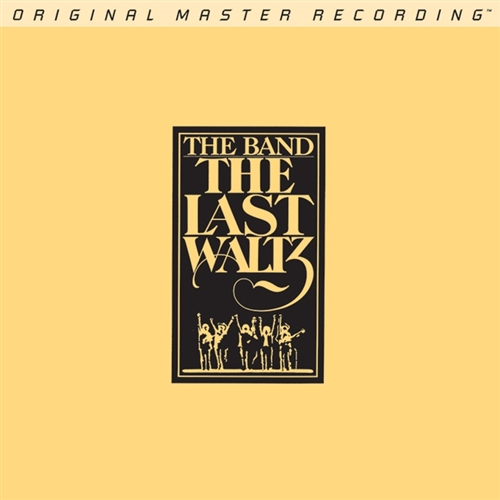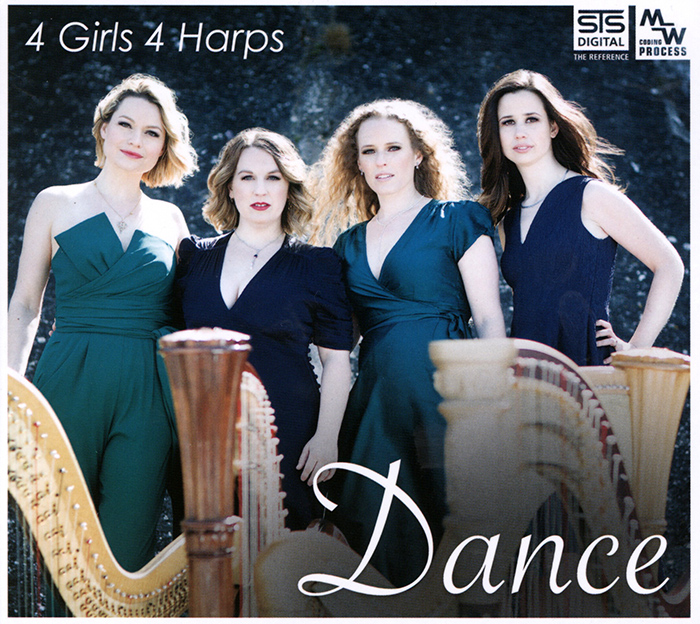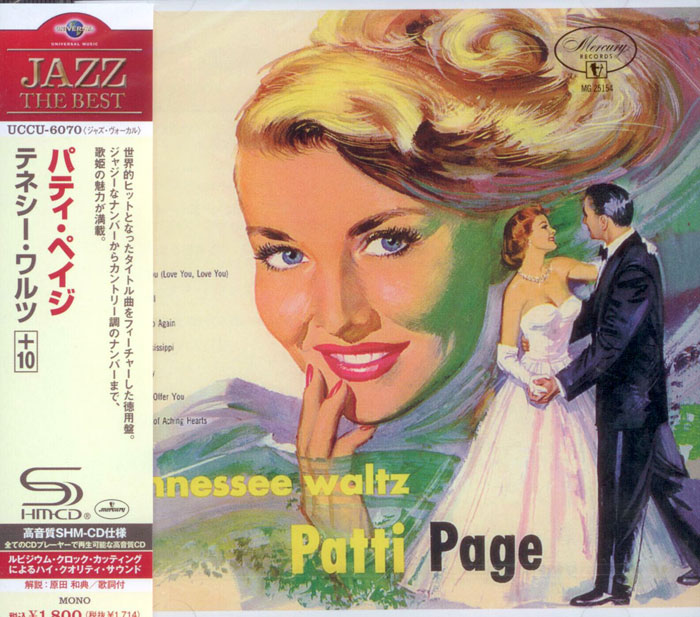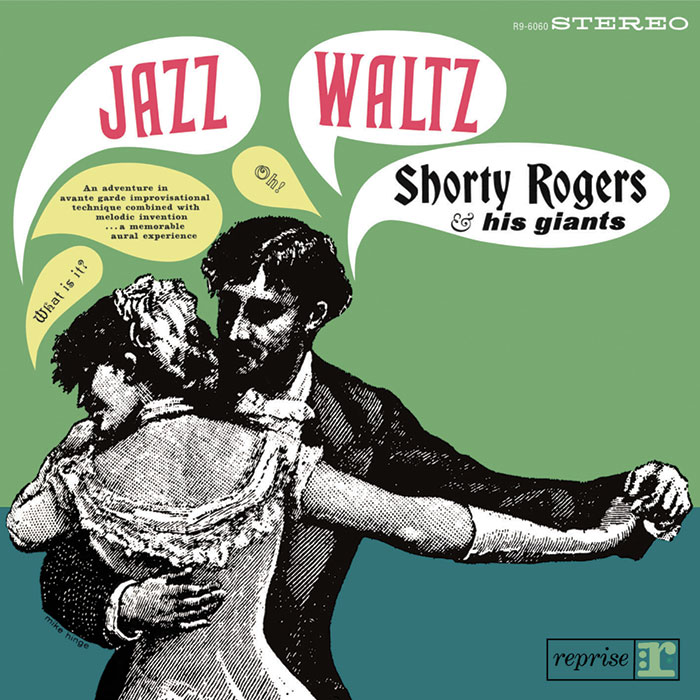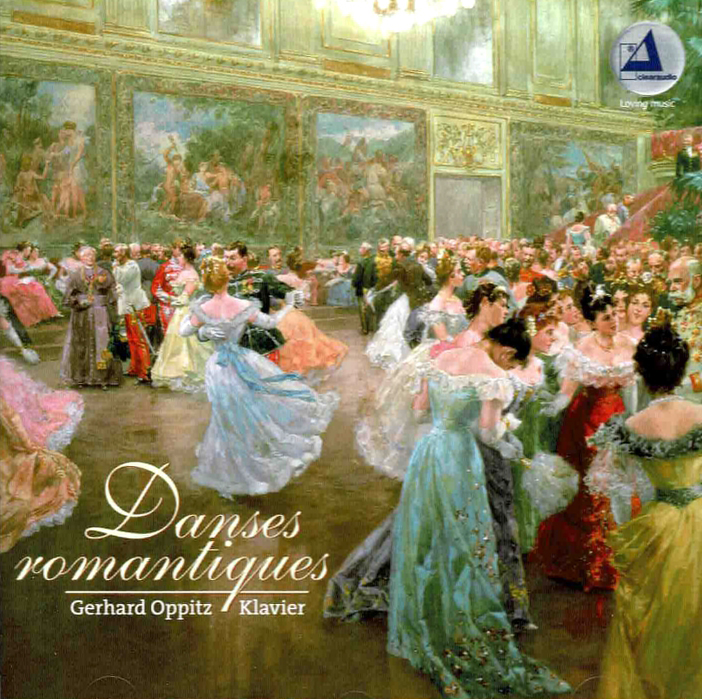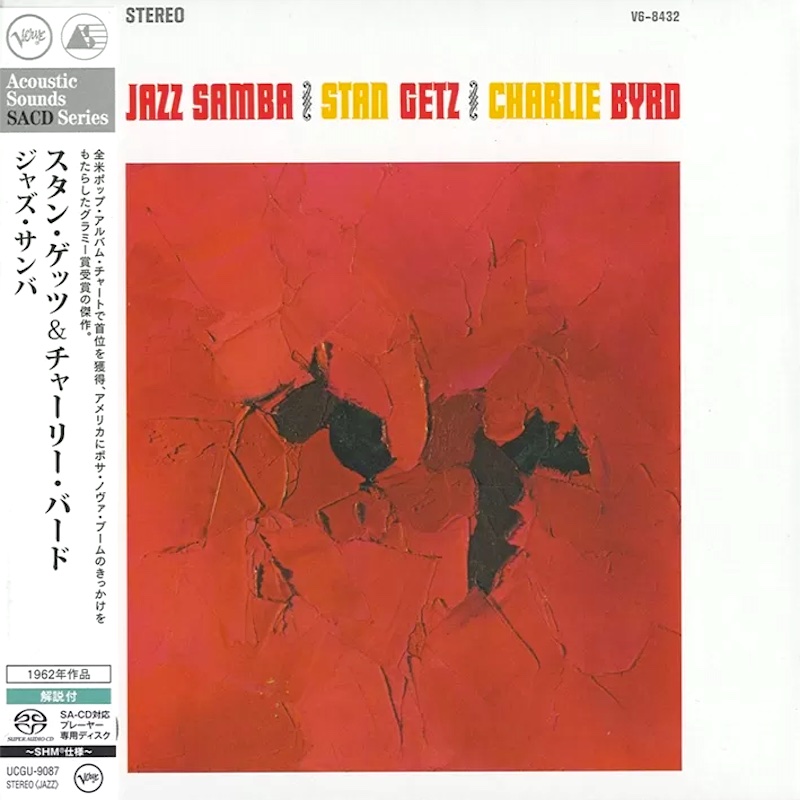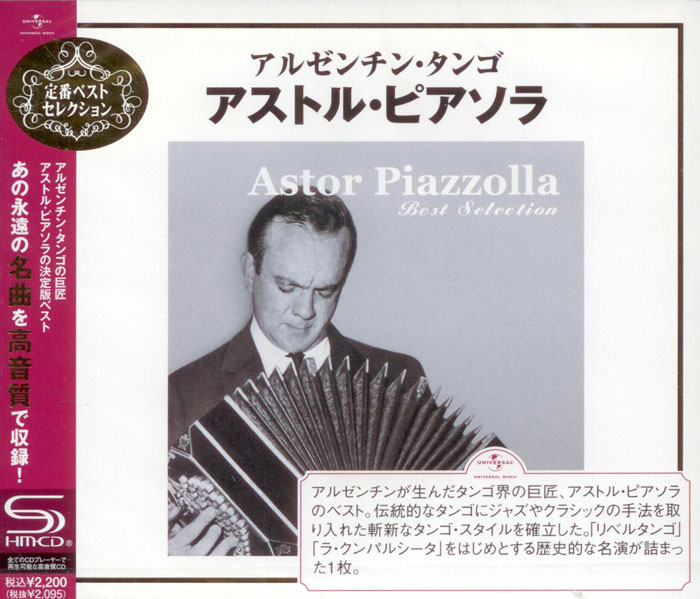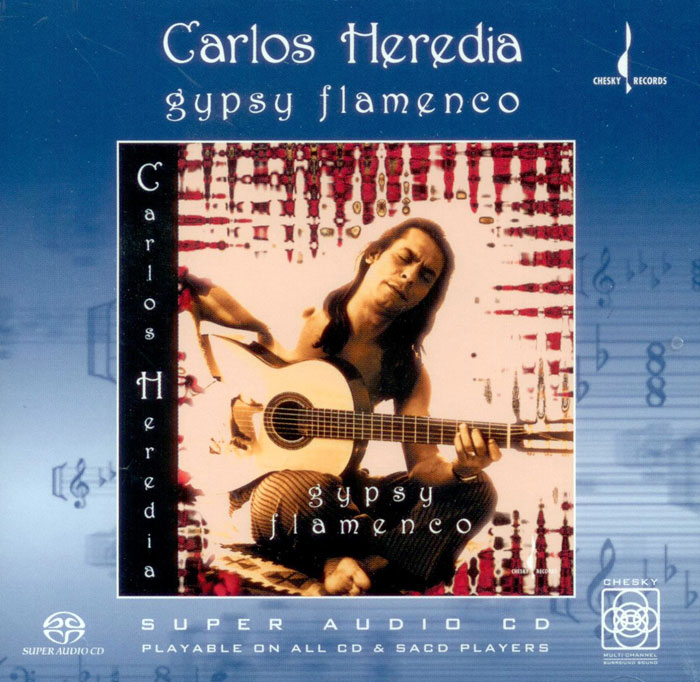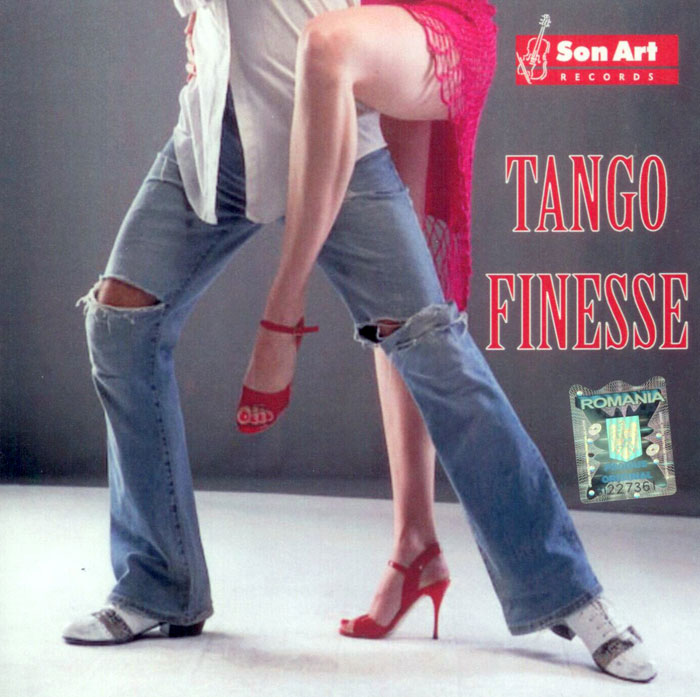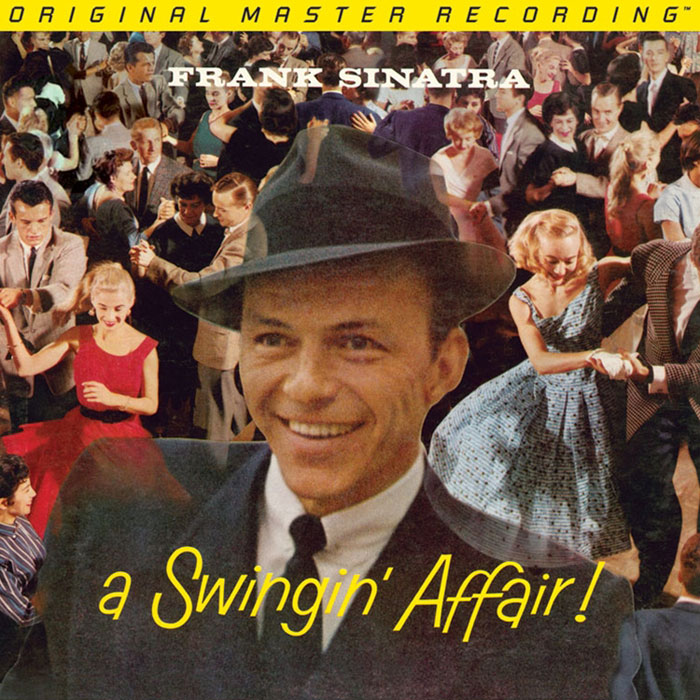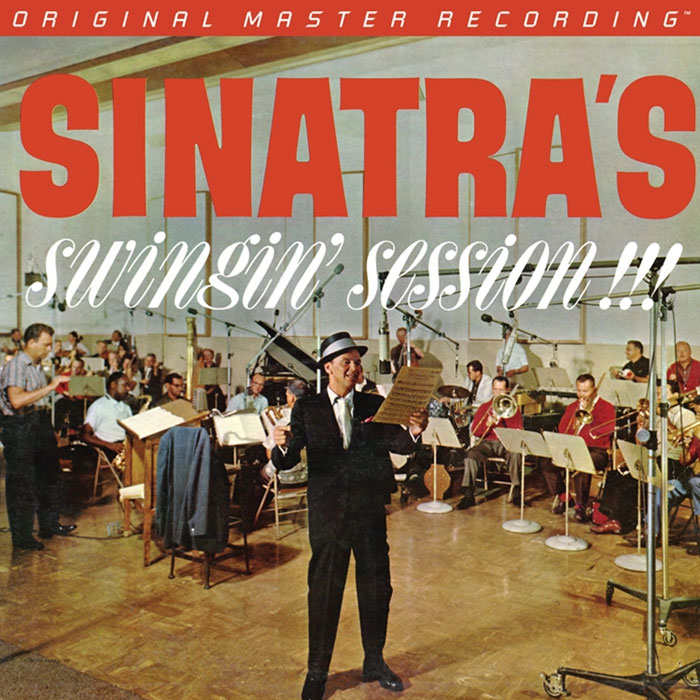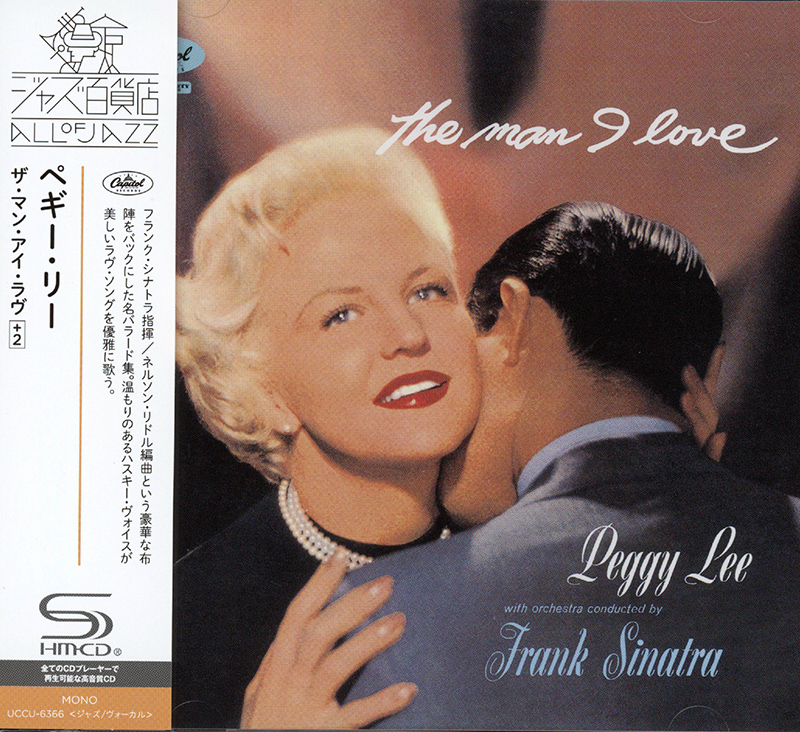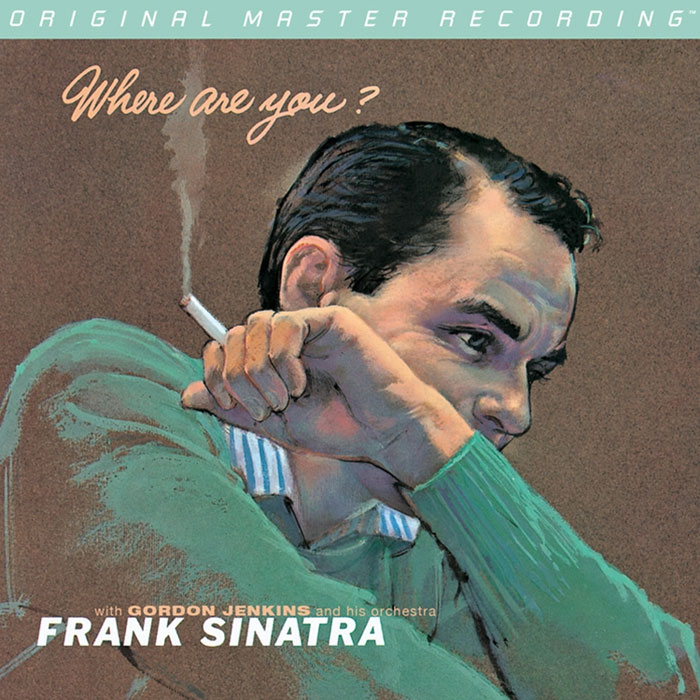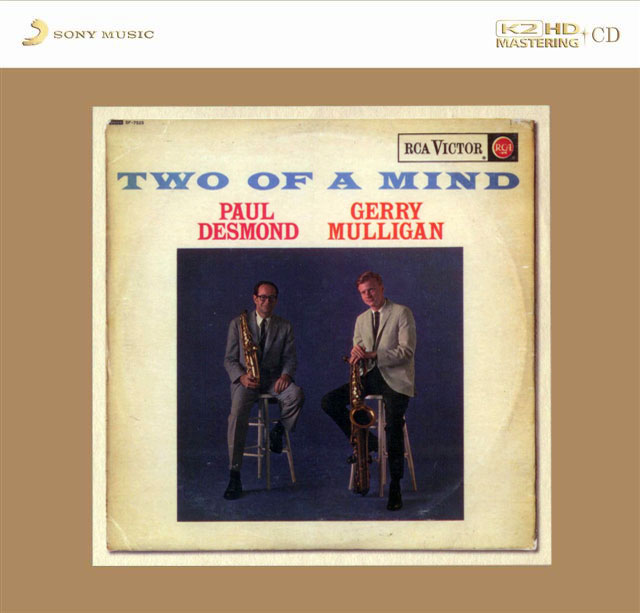Logowanie
Mikołaj - ten to ma gest!
Elton John, The Mamas & The Papas, Cat Stevens, Rod Stewart, Bobbie Gentry, Stevie Wonder, Engelbert Humperdinck
Memory Lane
Edycja Numerowana - 1000 egzemplarzy w skali światowej
RACHMANINOV, Eiji Oue, Minnesota Orchestra
Symphonic Dances / Vocalise
Best Recordings of 2001!!! NAJCZĘŚCIEJ KUPOWANA PŁYTA Z RR!
Karnawał czas zacząć!
Music of Love - Hi-Fi Latin Rhythms
Samba : Music of Celebration
AUDIOPHILE 24BIT RECORDING AND MASTERING
CHOPIN, LISZT, DEBUSSY, DVORAK, Gerhard Oppitz
Dances romantiques - A fantastic Notturno
Wzorcowa jakość audiofilska z Clearaudio
Winylowy niezbędnik
ClearAudio
Double Matrix Professional - Sonic
najbardziej inteligentna i skuteczna pralka do płyt winylowych wszelkiego typu - całkowicie automatyczna
Frank Sinatra
A Swingin' Affair
- Frank Sinatra - vocal
Swing, swing, swingin': There's nothing wrong with taking a proven concept, tweaking and bettering it, and then doing it all over again. While many sequels fail to hit the mark, Frank Sinatra slams another proverbial ball of the park on 1957's A Swinging Affair!, an unofficial follow-up of sorts to the previous year's smash Songs For Swingin' Lovers! Hitting slightly harder than its predecessor, with revered self-assurance and horn-stoked energy, the Capitol classic remains quintessential Ol' Blue Eyes. Mastered from the original master tapes, Mobile Fidelity's numbered limited-edition hybrid mono SACD presents in mono another supreme collaboration between Sinatra and longtime creative companion Nelson Riddle. Imaging, dynamics, separation, airiness, and tonalities experience significant enhancement and restoration, particularly compared to what's present on digital and analog pressings made over the past four decades. A Swingin' Affair! now sounds how it was intended, with the spatial dimensions of Capitol's Studio A and depth of Sinatra's mellifluous baritone realistically present and balanced. While largely similar to Songs For Swingin' Lovers! in approach and execution, Sinatra's 1957 treasure steps up the brassiness and boldness. Riddle's charts teem with color, charm, and sophistication, the instrumental touches in sync with the Chairman's phrasing and diction. Jut one close listen reveals why so many Sinatraphiles believe the Sinatra-Riddle pairing tops any other during the vocalist's illustrious career. Brisk tempos and rousing crescendos drive the songs ahead, and Sinatra latches onto the attack, singing as if nothing is ever going to contain him. Exuberance, swagger, and smoothness abound. So do memorable ballads on which Sinatra's voice seems to simply glide. His interpretations of Cole Porter's "At Long Last Love," the bluesy torch classic "No One Ever Tells You," and Rodgers and Hart's "I Wish I Were In Love Again" rank amongst his finest mellow moments. Regal atmospherics and thrilling climaxes punctuate a majority of the material, while the song selection is utterly infallible. If only all second acts were this good.
